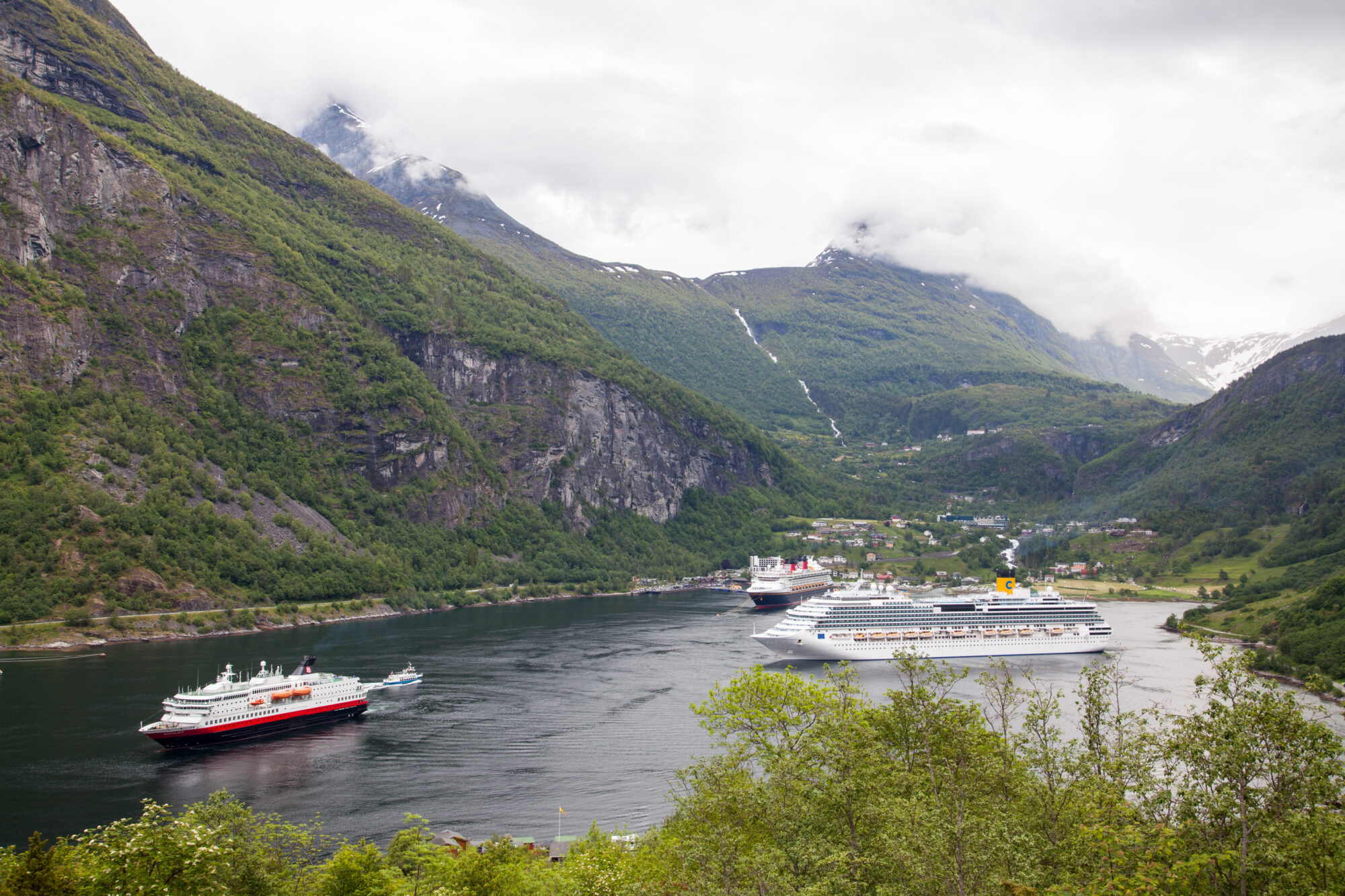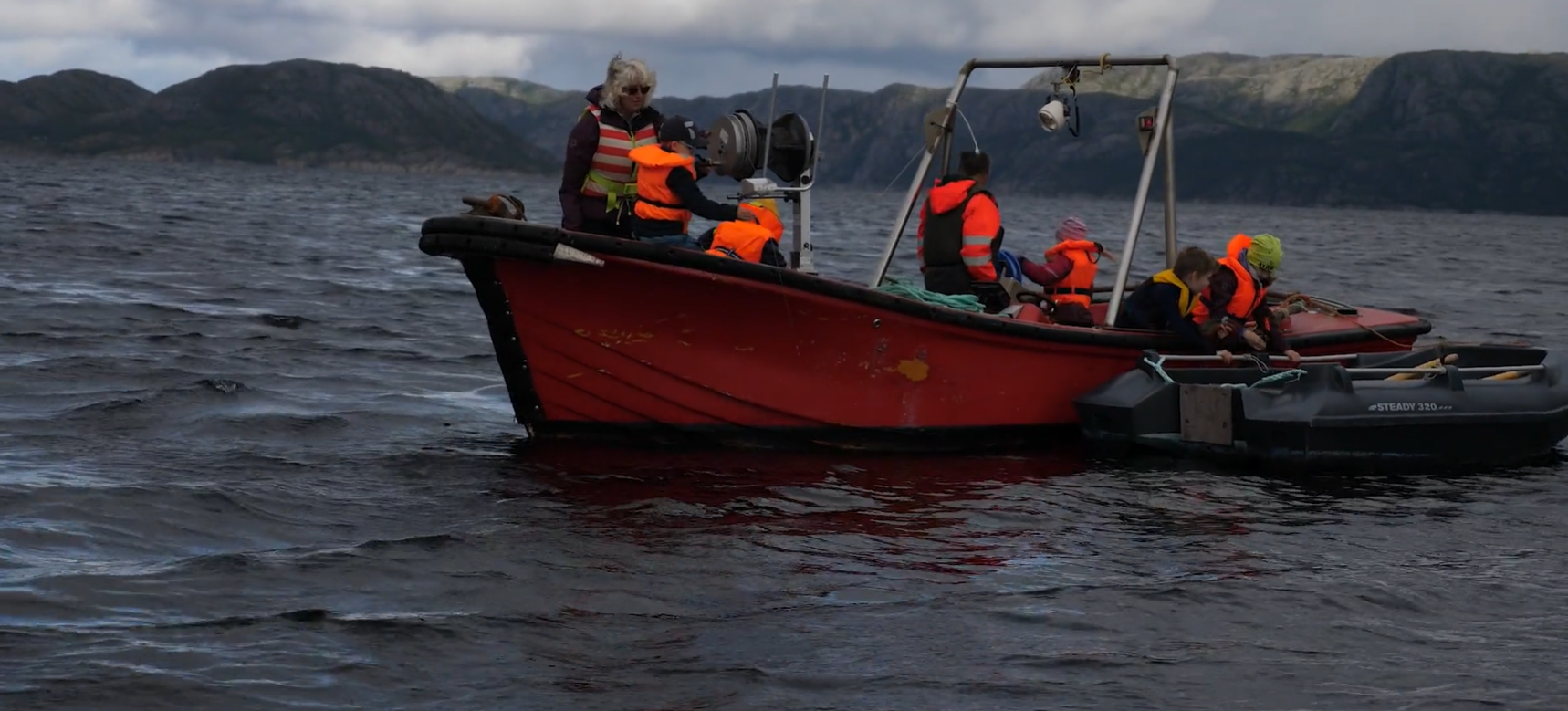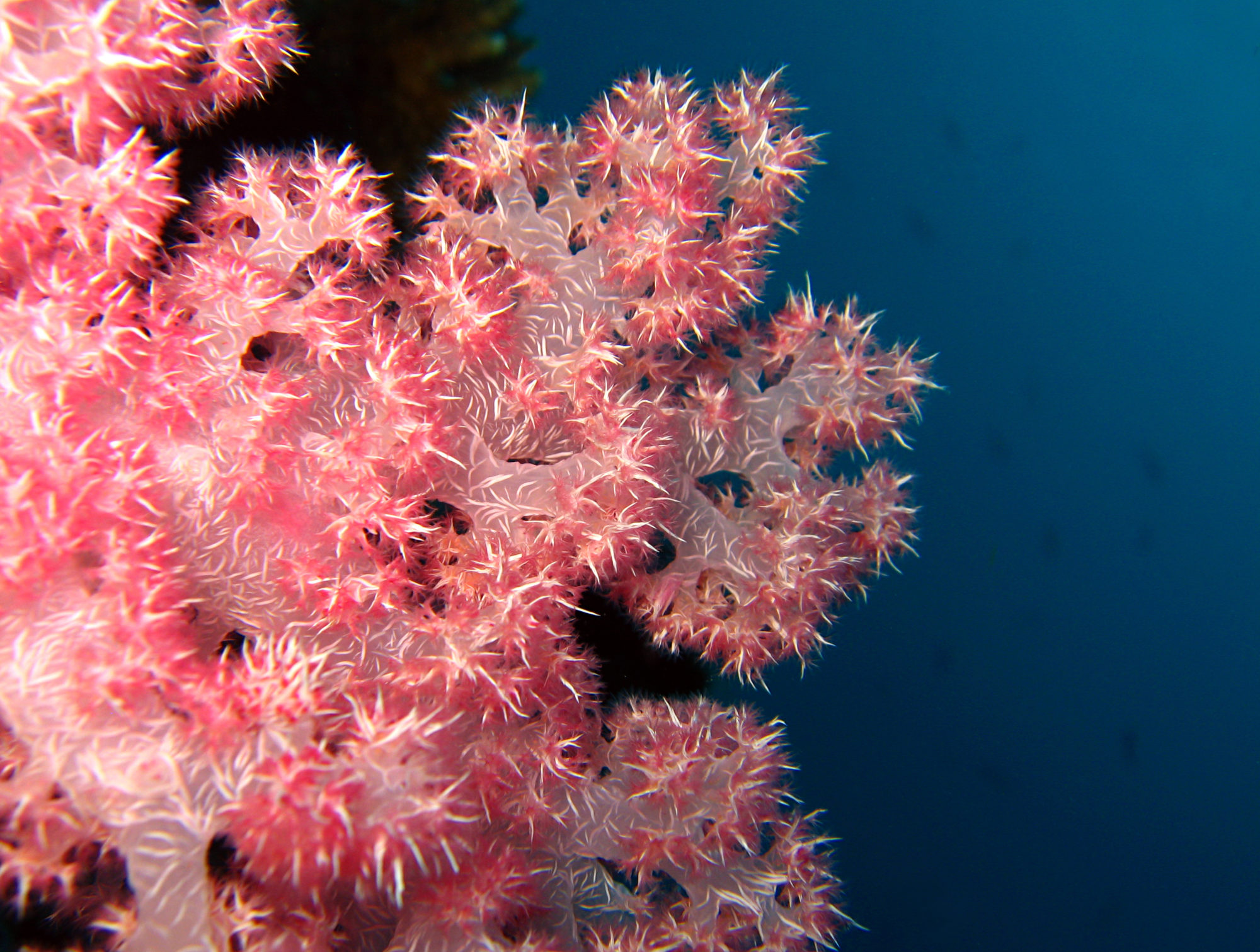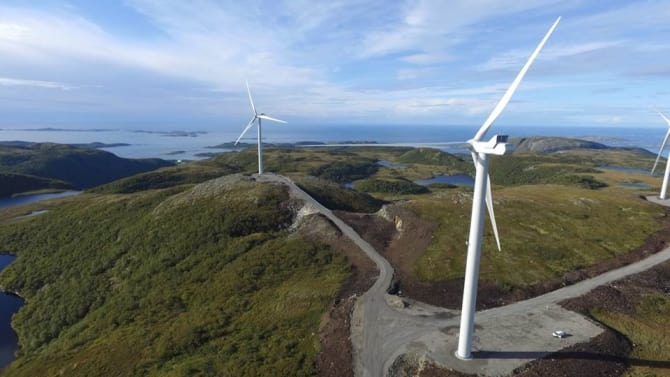Funding Future Welfare: Bioeconomy as the «New Oil» and the Sharing of Benefits from Natural Resources (BioShare)
Through carefully managing the exploitation of natural resources, and not at least sharing the benefits, Norway has successfully built an extensive state funded welfare. As oil gradually will be phased out, the bioeconomy has been pointed to as ‘the new oil’. BioShare will develop knowledge and analytical understanding necessary to assess, organise and manage the sharing of benefits from the utilization of bioresources, and provide policy recommendations accordingly.
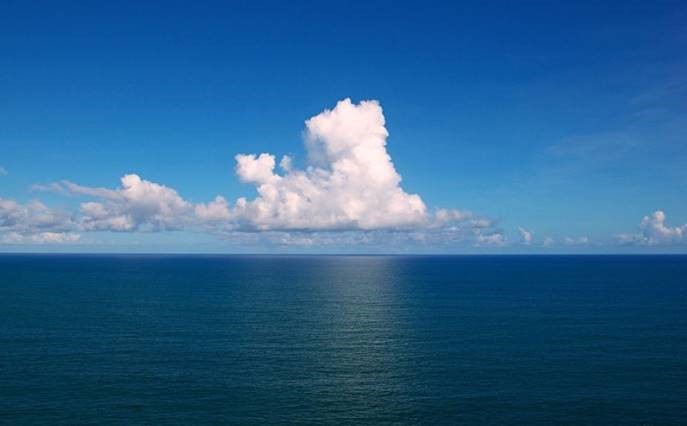
We will carry out an interdisciplinary analysis of the institutional system for benefit-sharing in the hydropower and petroleum sectors, which were the basis for the emergence of the extensive Norwegian public welfare. From here will draw lessons to the blue economies of aquaculture and marine bioprospecting, which are sectors expected to play important parts in the future bioeconomy.
Ocean and coastal governance is demanding, and today’s regulatory arrangements do not guarantee that value creation from aquaculture and bioprospecting sufficiently benefit the public. Models for distributing benefits from marine bioresources are therefore currently up for consideration. Decisions taken today might have major consequences for citizens’ future access to publically funded welfare.
BioShare will study the historical contexts in which benefit-sharing regimes became established in Norway, and compare benefit-sharing systems and principles across the petroleum, hydropower, aquaculture and bioprospecting sectors. BioShare will explore local and regional effects of benefit-sharing in the marine bioeconomy, and its relations to the social legitimacy of industrial activities. The project will assemble international scholars within studies of ocean governance to gather, develop and publish cutting edge scholarly work.
Finally, BioShare will develop a set of coherent policy guidelines to inform future strategies for managing public goods for a growing range of uses and users in the Norwegian bioeconomy.
Project details
Project number
6392.00
Project period
01/01/2019 - 31/12/2022
Collaboration partners
Ruralis – Institute for Rural and Regional Research (no)
NMBU – Norwegian University for Life Sciences (no)
NTNU – Norwegian University of Science and Technology (no)
The James Hutton Institute (uk)
University of Buffalo (us)
University of Otago (nz)
Swedish University of Agricultural Sciences (se)
Financing
Norwegian Research Council
News
Ground rent: Exporting a good principle?
This text expresses the writer’s personal views. We live in a time with strong pressures on both nature…
Do we need people along the coast – and why should young people want to stay or come back?
Identity, connection, and practical knowledge are some keywords. Using the body, head, and hands in one’s own landscape,…
The Ocean Decade – and the important questions
The aims of the BioShare project has been to develop knowledge and analytical understanding necessary to assess, organise…
The new oil
News from the Bioshare-project: Anne Margrete Brigham (Ruralis) and Jonathon Moses’ (NTNU) article from the Norwegian Journal of…
Publications
- Article
2021
- Article
2021
- Article
2021
- Article
2020
Contact us
Would you like to get in touch with us?
Fill in the form below and we will answer you as soon as possible.



